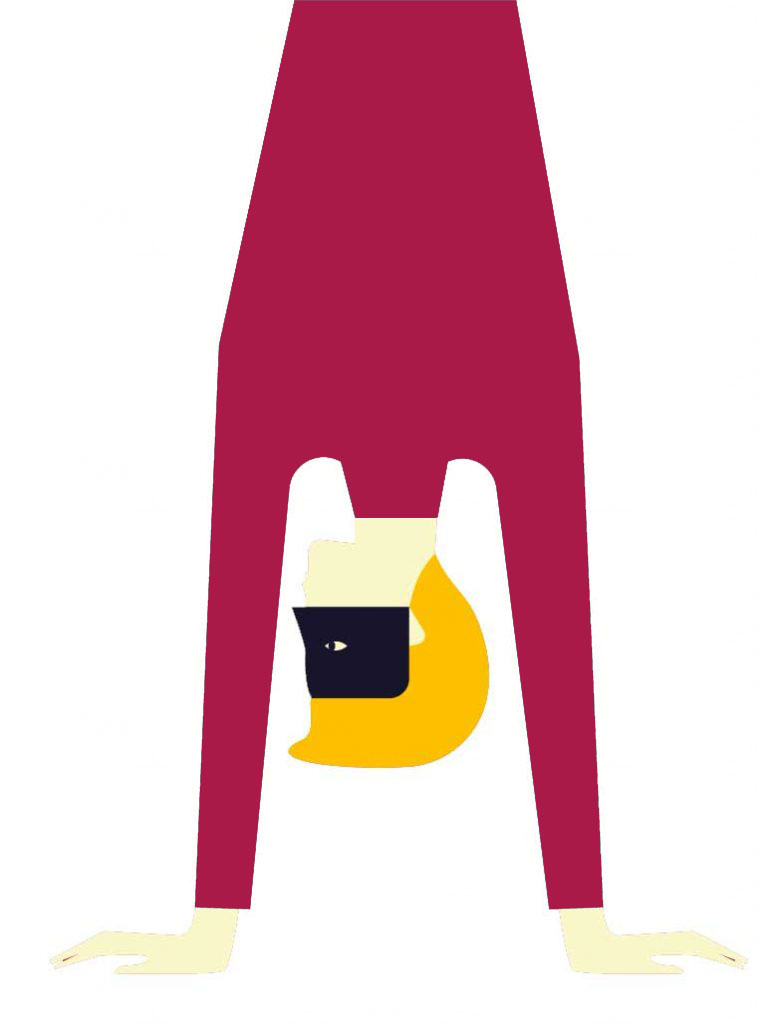
SNS THEATRE GROUP
Clouds
by Aristophanes
Show
Monday, June 18th
9,30 PM
Scuola Normale Superiore, Piazza dei Cavalieri, 7
Duration: 1 hour
Language: Italian
You may also be interested in:
xxxxxx
Details
Translated by Raffaele Bernini, Pablo Maria Borgialli, Leon Battista Borsano, Nicolò Campodonico, Sofia Casini, Marco Catrambone, Alessandra D’Antonio, Edoardo Galfré, Mario Mascioletti, Bianca Mazzinghi Gori, Francesco Morosi, Margherita Nimis, Ilaria Ottria, Leyla Ozbek, Antonio Papapicco, Camillo Carlo Pellizzari, Camilla Poloni, Flavio Santini, Silvia Speriani
with Annamaria Azzarone, Nicola Barbagli, Marco Bei, Carlo Daffonchio, Giorgio Di Domenico, Giorgio Motisi, Alessandra Mulè, Maxime Potier, Marcello Reggiani, Irene Saggese, Marco Signori, Silvia Speriani
original soundtrack Fabio Ferri, Guglielmo Nocera
played by Ugo Bindini (piano), Fabio Ferri (guitar)
directed by Alessandro Maggi
co-directed by Francesco Morosi
A family man cannot sleep at night, trying to make ends meet: it is Strepsiades, ruined by his son Phedippides’ passion for horses. Strepsiades has an idea: there is a new school in town, the Thinkery, where you can learn to win every cause, even when you are dead wrong. If he learnt how to handle the Worse Argument, for whom truth doesn’t exist and one can say anything and its opposite, he could have the upper hand in court, and be free not to pay his debts. Socrates, the headmaster, will introduce him to his thinkers’ knowledge and to their new goddesses, the Clouds. But even they will have to admit they have drawn a blank: Strepsiades is too idiot to learn anything. Then, it will be Pheidippides the one who will make the acquaintance of the two Arguments, the Better and the Worse, and to be taught by Socrates. For Strepsiades, it looks like a triumph. But remember: all that glitters is not gold…
A ferociously moral comedy. Under a funny guise, Cloudsstates a crucial ethical dilemma: what is knowledge? Is it a patrimony of shared values, or an instrument, devoid of any contents, to be used in whatever occasion with whatever aim? Socrates’ and the Clouds’ teaching is of this latter kind – just an instrument, that can be used for good, or even for bad, as in the mean intentions of Strepsiades, convinced that he can use knowledge to escape from justice. In other words: can knowledge be a neutral instrument, and as such be used to establish an immoralistic system? Behind these questions, another, even more difficult and even more crucial, question hides: is there a unique – factual and moral – truth?
The SNS Theatre Group [link qui: http://fact.sns.it/en/companies/snstheatregroup/], dealing with a comedy for the first time, starts exactly from this point: nowadays, in a world by now far away from 5th-century Athens’ intellectual discourse, we are constantly struggling with the use – and perhaps the abuse – of another apparently instrument that is apparently neutral, but in fact pervasive as the sophists’ new education: technology and the web. Can technology really be a neutral instrument? And if so, can it be used to establish an unjust privilege? These questions look all the more urgent in a moment when we are equally subject to a clash between those who think there is a unique truth (the Truth) and those who are not ready to acknowledge any truth. Who are we to trust? To Aristophanes’ ferocious morals, grounded in a past of absolutes, or to Socrates with his brave new world?
A family man cannot sleep at night, trying to make ends meet: it is Strepsiades, ruined by his son Phedippides’ passion for horses. Strepsiades has an idea: there is a new school in town, the Thinkery, where you can learn to win every cause, even when you are dead wrong. If he learnt how to handle the Worse Argument, for whom truth doesn’t exist and one can say anything and its opposite, he could have the upper hand in court, and be free not to pay his debts. Socrates, the headmaster, will introduce him to his thinkers’ knowledge and to their new goddesses, the Clouds. But even they will have to admit they have drawn a blank: Strepsiades is too idiot to learn anything. Then, it will be Pheidippides the one who will make the acquaintance of the two Arguments, the Better and the Worse, and to be taught by Socrates. For Strepsiades, it looks like a triumph. But remember: all that glitters is not gold…
A ferociously moral comedy. Under a funny guise, Cloudsstates a crucial ethical dilemma: what is knowledge? Is it a patrimony of shared values, or an instrument, devoid of any contents, to be used in whatever occasion with whatever aim? Socrates’ and the Clouds’ teaching is of this latter kind – just an instrument, that can be used for good, or even for bad, as in the mean intentions of Strepsiades, convinced that he can use knowledge to escape from justice. In other words: can knowledge be a neutral instrument, and as such be used to establish an immoralistic system? Behind these questions, another, even more difficult and even more crucial, question hides: is there a unique – factual and moral – truth?
The SNS Theatre Group [link qui: http://fact.sns.it/en/companies/snstheatregroup/], dealing with a comedy for the first time, starts exactly from this point: nowadays, in a world by now far away from 5th-century Athens’ intellectual discourse, we are constantly struggling with the use – and perhaps the abuse – of another apparently instrument that is apparently neutral, but in fact pervasive as the sophists’ new education: technology and the web. Can technology really be a neutral instrument? And if so, can it be used to establish an unjust privilege? These questions look all the more urgent in a moment when we are equally subject to a clash between those who think there is a unique truth (the Truth) and those who are not ready to acknowledge any truth. Who are we to trust? To Aristophanes’ ferocious morals, grounded in a past of absolutes, or to Socrates with his brave new world?
Show
Monday, June 18th
9,30 PM
Scuola Normale, Piazza dei Cavalieri, 7
Duration: 1 hour
Language: Italian
You may also be interested in:
xxxxxx
Details
Translated by Raffaele Bernini, Pablo Maria Borgialli, Leon Battista Borsano, Nicolò Campodonico, Sofia Casini, Marco Catrambone, Alessandra D’Antonio, Edoardo Galfré, Mario Mascioletti, Bianca Mazzinghi Gori, Francesco Morosi, Margherita Nimis, Ilaria Ottria, Leyla Ozbek, Antonio Papapicco, Camillo Carlo Pellizzari, Camilla Poloni, Flavio Santini, Silvia Speriani
with Annamaria Azzarone, Nicola Barbagli, Marco Bei, Carlo Daffonchio, Giorgio Di Domenico, Giorgio Motisi, Alessandra Mulè, Maxime Potier, Marcello Reggiani, Irene Saggese, Marco Signori, Silvia Speriani
original soundtrack Fabio Ferri, Guglielmo Nocera
played by Ugo Bindini (piano), Fabio Ferri (guitar)
directed by Alessandro Maggi
co-directed by Francesco Morosi
Extra
testi foto video
